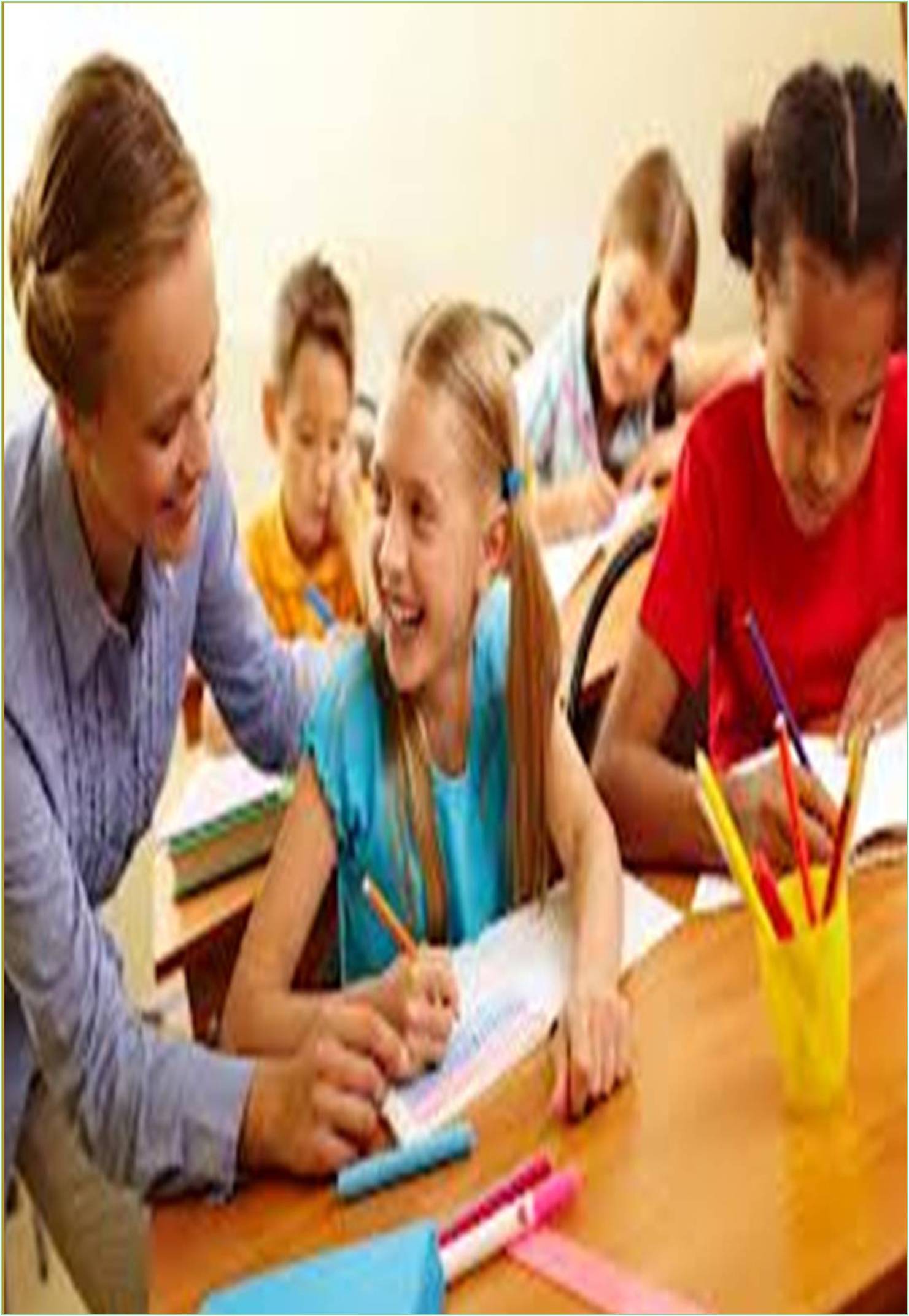



Received: 01-Nov-2022, Manuscript No. GJESE-22-85163; Editor assigned: 04-Nov-2022, Pre QC No. GJESE-22-85163 (PQ); Reviewed: 18-Nov-2022, QC No. GJESE-22-85163; Revised: 25-Nov-2022, Manuscript No. GJESE-22-85163 (R); Published: 02-Dec-2022, DOI: 10.15651/2465-7212.22.8.036
Higher education institutions are becoming more aware of the importance of teaching students teamwork skills, as professional organizations require their employees to collaborate on complex projects with other colleagues. Nonetheless, assessing students' acquisition of teamwork skills is a difficult task. This study evaluates a project implemented with students pursuing a Bachelor of Business Administration degree in which the evolution of teamwork skills was tracked while they completed a team-based assignment. The CATME-BARS scale was used to evaluate teamwork skills in peer assessments throughout the semester for this purpose. Furthermore, the SLPI was used to assess leadership. The teamwork dimensions that emerged as significant prioritized social interdependence over teammate knowledge, skills, and abilities. The student profile was revealed to be an important factor. Erasmus students were found to have a free-rider problem (exchange students). Belonging to more demanding groups and having a positive selfperception of leadership both improved teamwork effectiveness. Gender and job experience had no effect on teamwork effectiveness in our study. Some students experienced personal maturation as a result of their reflection on this soft skill. The study emphasizes the significance of teamwork ability in university students.
The Bologna process established the European Higher Education Area in Europe to facilitate student and staff mobility, to make higher education more inclusive and accessible, and to make European higher education more competitive globally. The outcome-based educational programmers were transformed into skills programmers as part of this process. This shift resulted in the disciplinary contents being subordinated to these skills. These abilities comprise a complex and integrative knowhow that necessitates a completely different approach to curriculum organization as well as teaching and learning approaches. Two types of skills that students should develop must be specified when designing curricula.
On the one hand, specific or hard skills are those that are specific to a field or degree and are aimed at achieving a specific graduate profile. Soft skills, on the other hand, address competencies that are important and transferable in a wide range of personal, social, academic, and work contexts throughout life. In this sense, they are an essential component of most degree programmers’ professional and training profiles. It is worth highlighting teamwork ability among these skills, which is included in the curricula of the vast majority of European universities. There is no doubt about its significance and the role it plays in students' learning and future employability. Employers consider the ability to work in multidisciplinary teams because human resources provide organizations with a competitive advantage.
As a consequence, one crucial question in higher education is how to assess students' acquisition of this soft skill. One of the main concerns for lecturers is the reasonable analysis of this basic competence, given that the level of engagement for all group members is not always the same, demonstrating that peer assessment is beneficial in reducing the struggles that comes with group work. In addition, including each student's perspective during the process of acquiring this competency through self-assessment can provide relevant information when evaluating this soft skill. The combination of selfevaluation and peer assessment is known as 180° evaluation, and it has previously been used in higher education to assess this skill. The purpose of this investigation is to create a 180-degree evaluation process for students pursuing a Bachelor's Degree in Business Administration's teamwork skills (BBA). As students were required to complete a project in groups, the research project was integrated into the academic performance of the marketing management subject. Throughout the semester, students evaluated their own and their teammates' teamwork abilities through three different skill assessments. Furthermore, as part of the research project, students received specific teamwork training.
The goal of this study is to discover the factors that influence the improvement in teamwork effectiveness in BBA students during the marketing course. We studied gender, class group, exchange programmers, job experience, and the association with leadership skill, testing the project's effect on improving teamwork skills among students. To address both research objectives, we combined a quantitative analysis based on the assessments of all students in the course with a qualitative analysis drawn from a smaller group of students who volunteered to improve their teamwork training. The use of this multi method approach enabled us to capture many more perspectives on the research project and to better calibrate the assimilation of the provided personal training. Furthermore, this research project was thought to contribute to our university's cross-cutting soft skills development programmer.